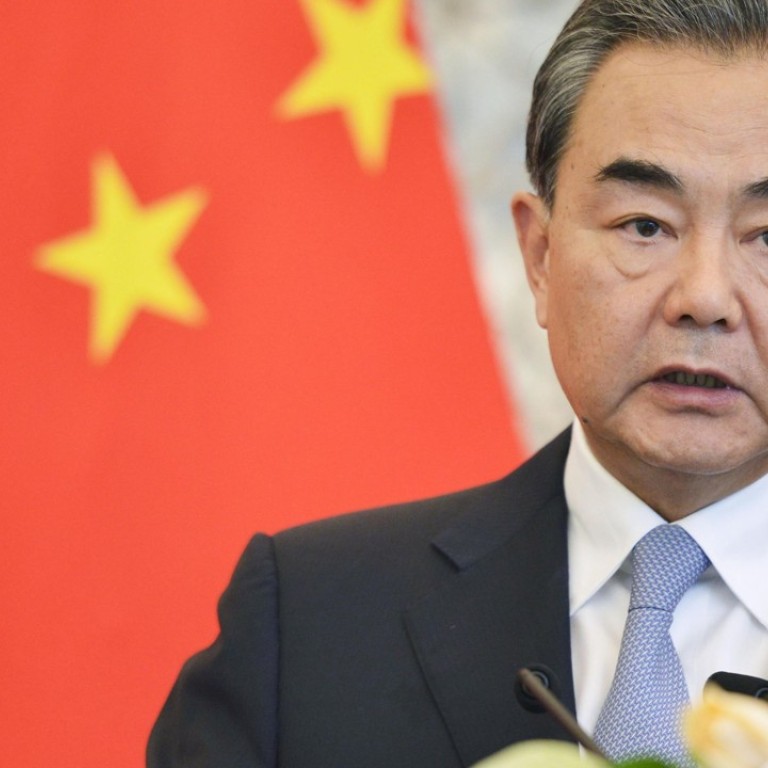
Opinion: How Myanmar is benefiting from the China-India rivalry
Collin Koh writes that far from being hurt by the Rakhine crisis, Myanmar is accentuating its importance to the major powers
A flurry of activity has taken place between officials of China and Myanmar amid the ongoing Rakhine crisis. When he visited Naypyidaw, Chinese Foreign Minister Wang Yi proposed an economic corridor with Myanmar – an idea that was endorsed by his host, State Counsellor Aung San Suu Kyi. Suu Kyi said the initiative highly matched her country’s national development plan, especially with its focus on transport and electricity.
Suu Kyi was not alone. President U Htin Kyaw also expressed the wish to “actively integrate” with Beijing over the corridor project, and to support China’s Belt and Road Initiative. A warming of China-Myanmar ties should not come as a surprise, even if relations between the parties did seem to lose some of their lustre following the post-military junta democratisation process that brought Myanmar closer to the West and amid problems along its northern border. Earlier this month, Suu Kyi warned Western ambassadors that pressure over the Rakhine issue would push Myanmar closer to China.
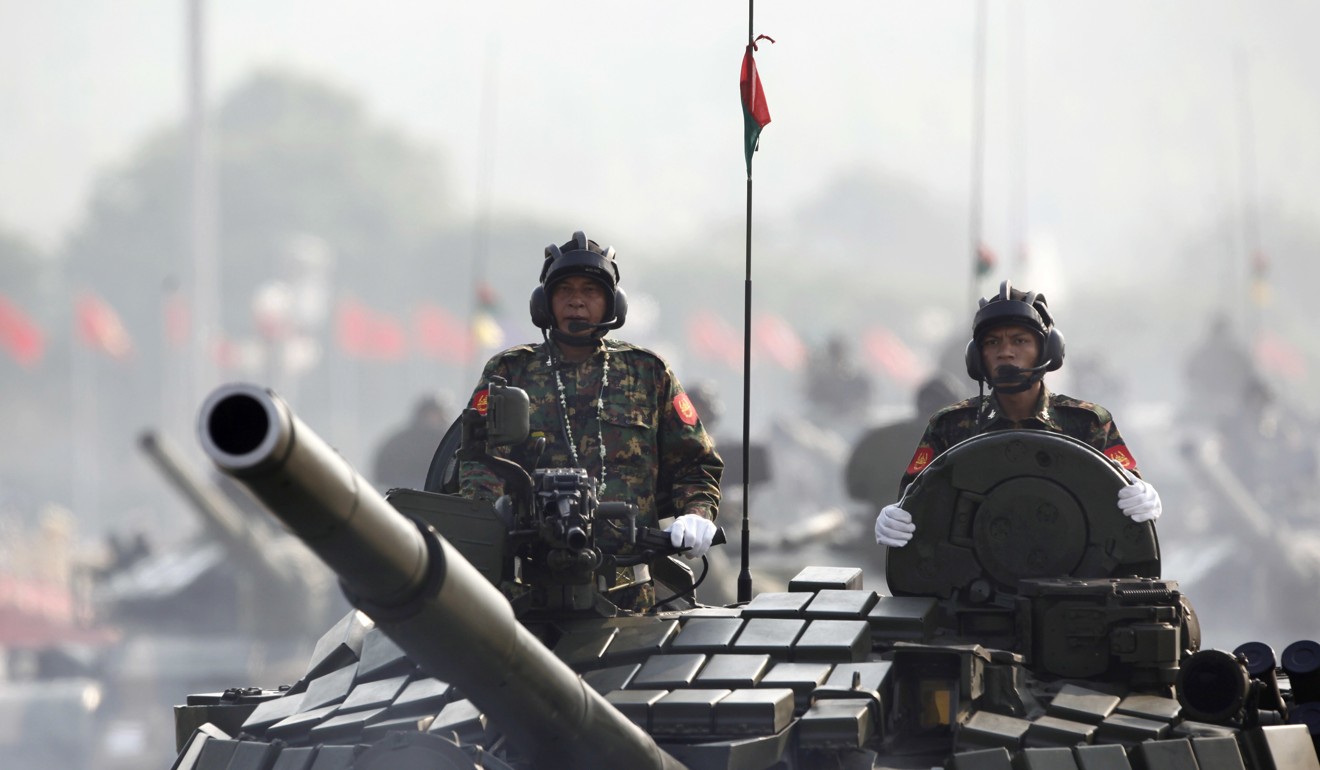
The Rakhine issue does provide a fresh strategic opening for Beijing once again to pull Myanmar more closely into its sphere of influence – and the opportunity is being seized.
Far from seeing its position undermined by the Rakhine issue, Myanmar can continue to accentuate its importance to the major powers and extract benefits from rivalries
China pushed for a moderate international stance towards Myanmar, vetoed a draft British-French UN Security Council resolution which resulted in a mere joint statement that does not threaten sanctions against the Myanmar military, while proposing a three-phase solution to the crisis.
Beijing can pat itself on the back since Bangladesh and Myanmar have reached an agreement on repatriating Rohingya refugees.
For China, it is prudent to strike while the iron is hot. Not long after Wang’s visit to Naypyidaw, Senior General Min Aung Hlaing, the commander-in-chief of the Myanmar Armed Forces, visited Beijing. General Li Zuocheng, a member of China’s powerful Central Military Commission, sought closer military links with Myanmar, including deeper training and technical exchanges.
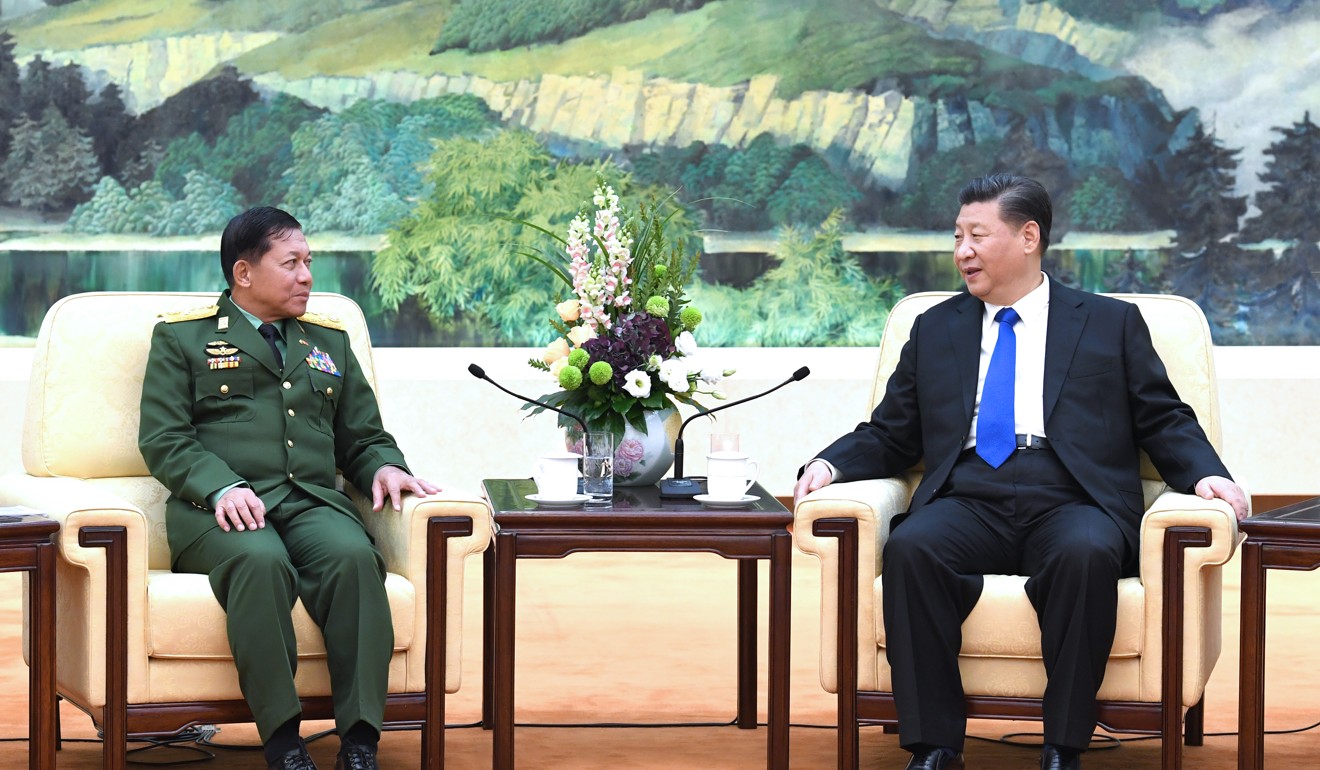
Beijing’s desire for closer defence ties is understandable, considering Myanmar’s geostrategic importance from an economic and security standpoint. The country sits astride the eastern Indian Ocean, where vital sea routes carrying Chinese energy imports from Africa and the Middle East extend far into the Malacca Strait. Myanmar’s location could at least partially offset the obvious military advantage India possesses with its highly strategic Andaman and Nicobar Islands that overlook the strait entrance. Furthermore, energy pipelines linking Kyaukphyu and Yunnan provide an alternative to the waterway, which the Chinese have long identified as their “soft underbelly” that is exposed to potential adversaries.
Moreover, this strategic opening comes amid intensified power rivalries, especially after the Quad – comprising Australia, India, Japan and the United States – has been revived, and as New Delhi and Tokyo appear keen to offer an alternative to the Belt and Road Initiative.
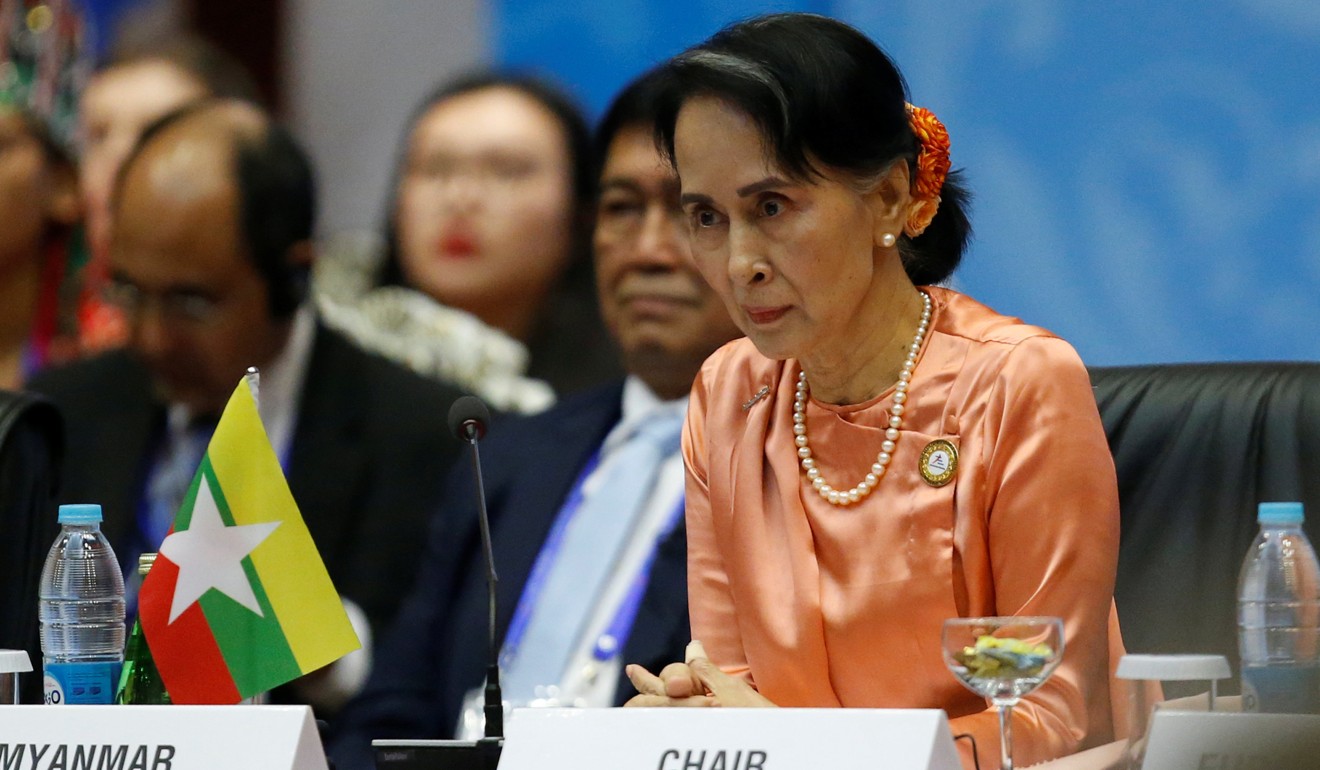
Therefore, in the present context, Myanmar has wider room for manoeuvre, even amid a domestic crisis. It is aware that at least regional powers are not ready to sever ties at the risk of losing out in this geopolitical grand game. Myanmar may endorse the economic corridor proposal, yet adopt a more pragmatic long-term view.
There are already signs that Myanmar would not necessarily accept everything Beijing has to offer. For example, the US$3.6 billion Chinese-backed Myitsone dam project was stalled. Local sentiments about the environmental impact of other projects must be considered.
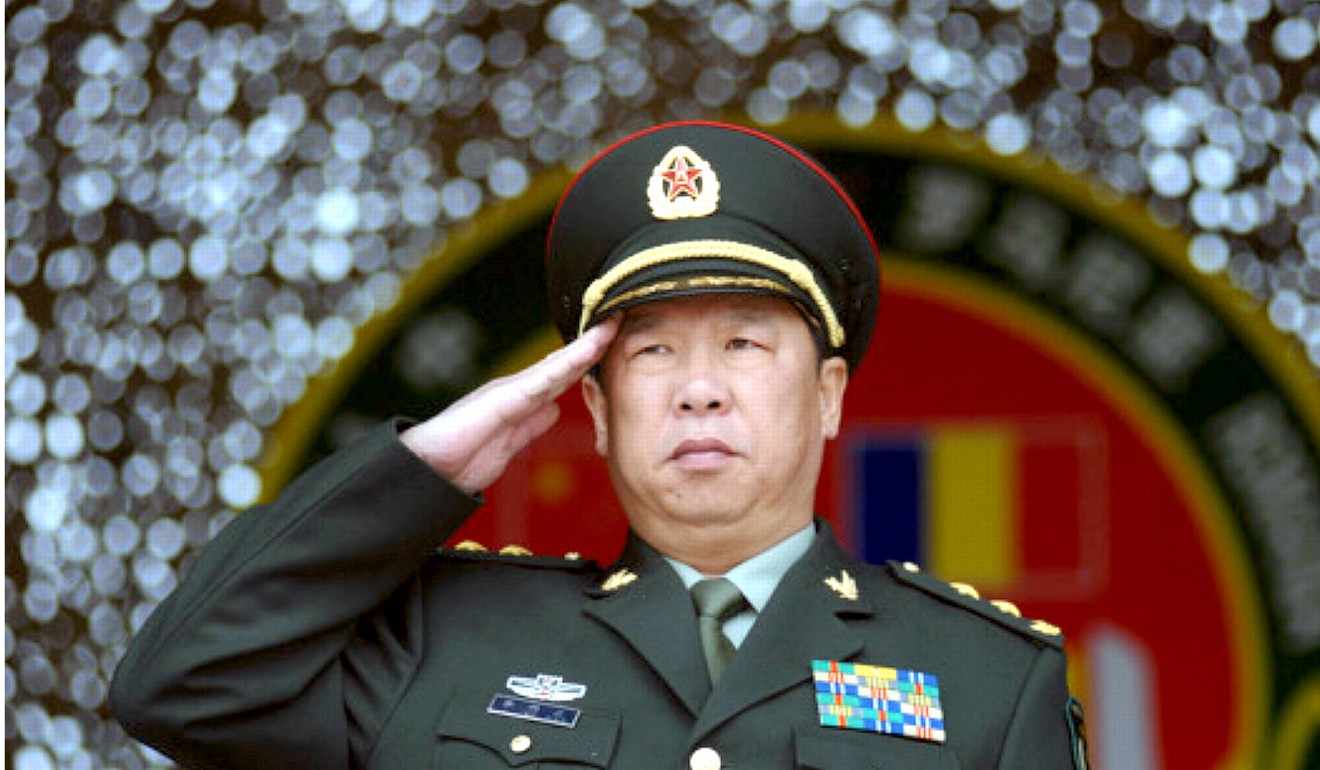
In the long run, despite recent developments, Myanmar looks set to maintain an equidistant approach in handling ties with contending major powers such as China and India. There is much to gain from New Delhi’s help with maritime security capacity-building, including the sale of naval technologies such as sonars and lightweight torpedoes, and joint training. The Indian Navy agreed to help establish meteorological facilities for its Burmese counterpart in March. Then, following Prime Minister Modi Narendra’s visit to Myanmar in September, during which three maritime cooperation pacts were signed, Admiral Tin Aung San, commander-in-chief of the Myanmar navy, visited India to discuss ramping up naval cooperation.
As such, far from seeing its position undermined due to the Rakhine issue, Myanmar would continue to use its geostrategic leverage to accentuate its importance to the major powers and extract maximum benefits from their extant rivalries – especially the one between China and India. It is more of a strategic opportunity for Myanmar than for China, in fact.
Swee Lean Collin Koh is research fellow at the S. Rajaratnam School of International Studies, based in Nanyang Technological University, Singapore

